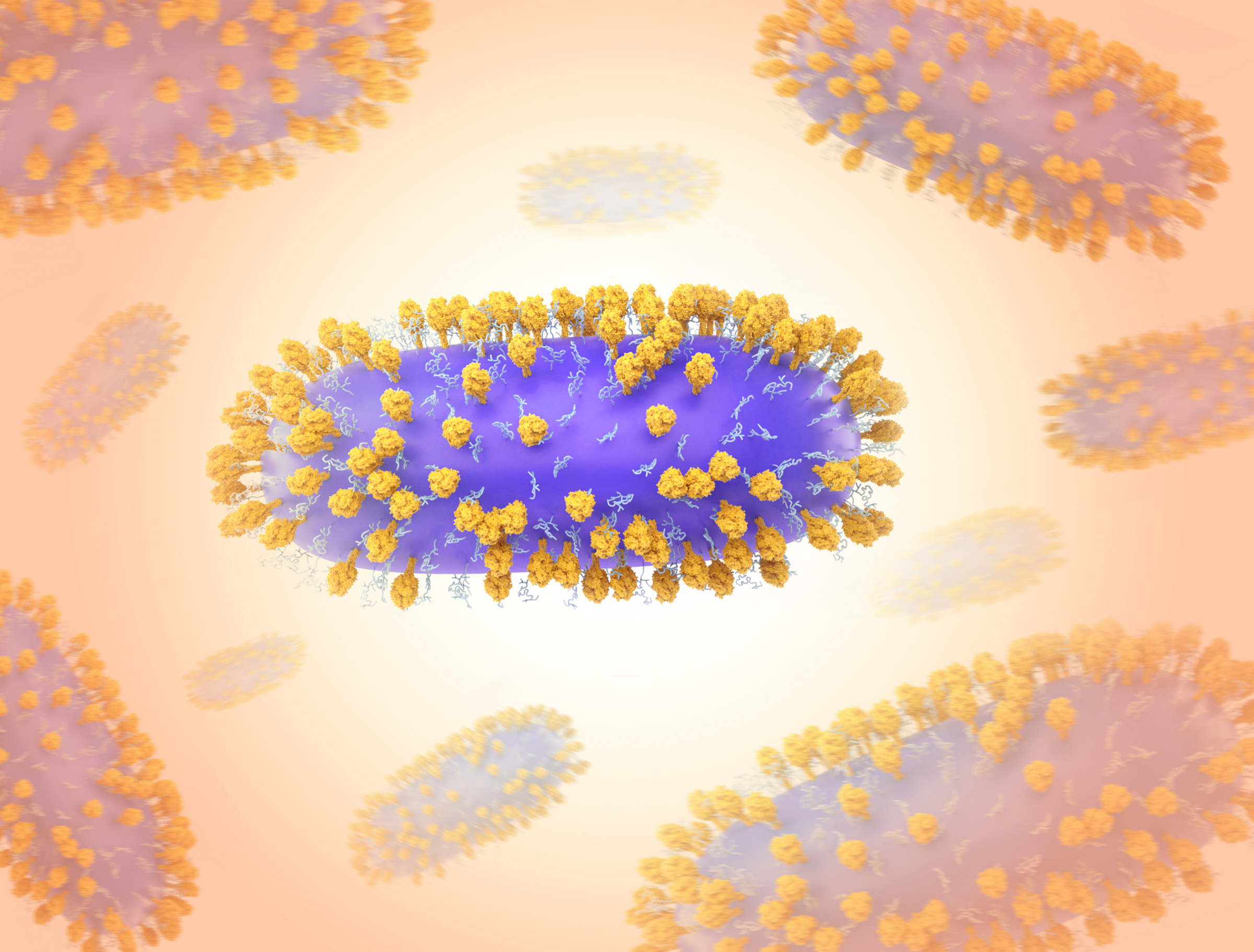Congenital disorders
New vaccines will be available this fall to protect against RSV
One of the biggest culprits of serious viral illness in seniors will soon be rivaled by a powerful new vaccine, according to infectious disease authorities.
The vaccine, which protects against respiratory syncytial virus (RSV), could be a game changer in preventing hospitalizations and deaths in people above 60.
The Food and Drug Administration approved two vaccines, pharmaceutical company GSK’s Arexvy and Pfizer’s Abrysvo, in May, for this age group. The single-shot vaccine is available at some pharmacies such as CVS and from medical providers. There is no mandate to receive the shot, but the U.S. Centers for Disease Control and Prevention (CDC) is recommending it.
Additional vaccines could soon be approved for infants and toddlers, another demographic that is most seriously affected by RSV-related complications.
RSV is a highly infectious, common virus that usually causes mild, cold-like symptoms. In older adults, infants, very young children and people with certain medical conditions, the virus can attack the lower respiratory system, resulting in hospitalization and death, according to the CDC.
An estimated 58,000 to 80,000 children under 5 in the United States are hospitalized due to RSV infection each year, according to the CDC. Children at greatest risk for severe illness from RSV include premature infants, those up to 12 months, especially infants six months and younger. It is estimated that approximately 1% to 3% of children under 12 months of age in the United States are hospitalized each year due to RSV, as per The American Academy of Pediatrics (AAP).
Children under 2, with chronic lung disease or congenital heart disease, weakened immune systems and neuromuscular disorders such as difficulty swallowing or clearing mucus secretions are also prone to serious illness from RSV.
But it’s less well-known that older adults are just as prone to hospitalization and death from RSV. An estimated 60,000 to 160,000 older U.S. adults are hospitalized and 6,000 to 10,000 die annually due to RSV infection, according to the CDC.
Little was known about the impact of the virus on older adults until now.
“We never knew it before. There was recognition for kids younger than 5, but it wasn’t tested in older adults. It’s just in the past 10 to 15 years that there’s been data on the impact of RSV on adults,” said Dr. Yvonne Maldonado, professor of pediatric infectious diseases and health research and policy at Stanford University, earlier this week.
And although most people are not hospitalized, tens of thousands if not millions are certainly at risk, she said.
“My own personal opinion is that RSV is extremely transmissible,” she added.
Last year, influenza and RSV cases were overwhelming.
“Most of us never saw this much flu and RSV,” Maldonado said. She has seen “hundreds if not thousands of kids with RSV, many with no underlying conditions” who became seriously ill.
While there’s no vaccine for infants and young children yet, it might be available this fall if approved by the FDA.
“A maternal vaccine is promising and is in the process of being considered for approval,” Dr. Maldonado said.
Having a vaccine for this cohort will be particularly important. Babies who are less than a year old are at the highest risk of serious illness and hospitalization. In trials, the vaccine had up to an 80% efficacy for preventing serious illness in babies of mothers who received the vaccines in the second and third trimesters of pregnancy, she said.
The mothers develop RSV antibodies, which are passed to the unborn child. The babies seem to have protection for up to six months of age.
Trials are also taking place for vaccines for children who are 2 and older. The risk of serious illness and hospitalization is high in children between two and five, she said.
In the meantime, there is a new monoclonal antibody treatment for infants and toddlers, which was approved by the FDA on July 17. The treatment should be available in the next few weeks, Dr. Maldonado said.
Monoclonal antibodies are proteins created in the laboratory that mimic the immune system’s ability to fight off harmful pathogens such as viruses.
The new drug, Beyfortus (nirsevimab-alip), would be administered to children born during or entering their first RSV season, and to children up to 2 years of age who remain vulnerable to severe RSV disease through their second RSV season, according to the FDA.
Beyfortus would be given in the hospital when the child is born or during the first well-care visit, Dr. Maldonado said. It could be given prior to or during the RSV virus season, which typically is highest from September through March.
In clinical trials, Beyfortus showed few side effects, with the most prominent being a rash and soreness at the injection site, according to the FDA.
Maldonado said it’s hard to predict how active a virus will be in the coming years, but she recommends getting vaccinated against flu and the latest strains of COVID-19 and, if eligible, for RSV, all of which are expected to be most active this fall and winter.
If people don’t want to space out their shots, they can receive multiple vaccines at the same time. One might feel ill from some of the side effects of individual vaccines, such as a day or two of malaise, arm soreness or minor virus-like symptoms or low-grade fever, but it won’t be due to the cumulative effects of the shots, she clarified.
One question Dr. Maldonado hears often is whether there is a risk of overdoing the vaccines or creating an immune-system storm. The answer is no.

